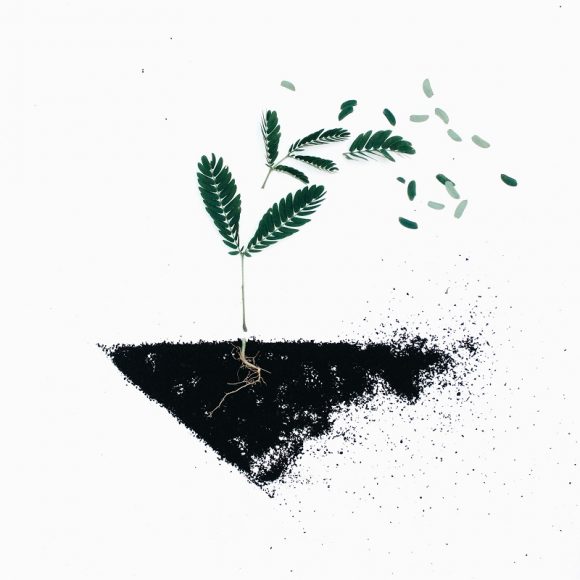When we talk or think about stress, we’re usually referring to something outside of ourselves. In common usage, ‘stress’ is the situation, such as an exam, a mortgage, a job, or a spouse. However, those are stressors (situations that trigger stress); they are not the stress itself. Stress is an experience of tension and anxiety. It’s a state of body and mind that results from how the brain interprets and responds to a situation.
Stress is not simply a fact; it’s an automated, personal response.
I used to have a very low-stress threshold, in the sense that a situation could easily produce anxiety, insomnia, fear, and a deep feeling that ‘something is wrong and it will be this way forever’. Whatever the stressor might have been, my reaction was always pretty much the same—anger, frustration, low self-esteem used to be major parts of it. In retrospect, I now recognize that I had developed a standard coping mechanism for all sorts of difficulties. And that was the cause of my stress: My reaction.
The sense of helplessness and the intense fear that accompanied my reaction activated a strong defensive response. My mind and body responded to what I considered threats to my well-being, my happiness, my stability—in other words, my safety. A failed test at school, a negative comment from a friend, the rupture of a relationship: All of these situations were capable of throwing me out of balance in a very intense way.
My response was automatic, and for a very long time, I couldn’t control it in a more conscious and rational way. I was stuck to a first level interpretation of my external circumstances—an overwhelming emotional reaction that flooded my inner world, leaving me even more helpless. In fact, I felt defeated twice: The first time by the fact that I was challenged by the stressor and the second time because my reaction made me lose control of myself. It was like having ‘another me’ inside—one I disliked, yet who had this incredible power to spoil my well-being.
We reconstruct present stressors based on hurtful past memories.
If we look closely, we can recognize that despite the constant change in external events, the thoughts and feelings that arise with the stress response stay more or less consistent. We tend to perceive current stressors based on negative past memories, and we use the same coping mechanism we tested and learned the moment those memories were formed.
In my case, I had many powerful emotions associated with my stress response: A sense of unworthiness or of not being enough, a fear of abandonment, a fear of losing my stability, and the belief that I couldn’t recover from a negative situation.
Things improved when I realized that I wasn’t responding to an actual situation; instead, I was responding to my perception of that situation.
Also, I understood that the part of me who was hyper-reactive wasn’t my authentic self. Instead, it was an ideal, hyper-achiever, perfectionist, rigid self. Talking with others and observing others’ reactions, I realized this is a shared human dynamic. We are rarely upset, afraid, or hypervigilant because of what is happening in the present moment.
Thinking that stress is external to us, labeling circumstances or other people as responsible for our feelings is just another way that our egos deceive us and one of the ego’s best ways to make us victims.
Acknowledging the subjective dimension of stress is the first step toward improving our response to challenges.
We all have a default stress response, a first line of defense when presented with a stressor, a series of inner events that are our best way to cope with a difficult situation at a given moment.
The outside world is an endless source of stressors—meaning, potential triggers—but it’s our interpretation that will ultimately determine how much a potential stressor will be translated into a more or less intense response. It has less to do with the external and more with our personal image, as well as our personality and our identity.
I don’t want to dismiss the fact that there are toxic people or situations and that we must get away from them to feel better. There are situations that are objectively bad for us and that we are not equipped to handle. However, how many times do we continue to suffer from the stress caused by one person or event even when we’ve cut the cord or the situation is over?
The memory is enough to trigger our stress response again. In such cases, we are reacting to the image of the experience that we have created inside ourselves, rather than to the experience per se. In other words, we often find it so difficult to move on because people or circumstances have the power to echo feelings of discomfort and unpleasantness that were already within us before that particular person entered our life or that particular situation occurred. This is one of the reasons it may seem like we’re always finding ourselves in the same type of dynamics.
Acknowledging the part we play in our stress response is the first step toward correcting it or, at least, making it less intense.



